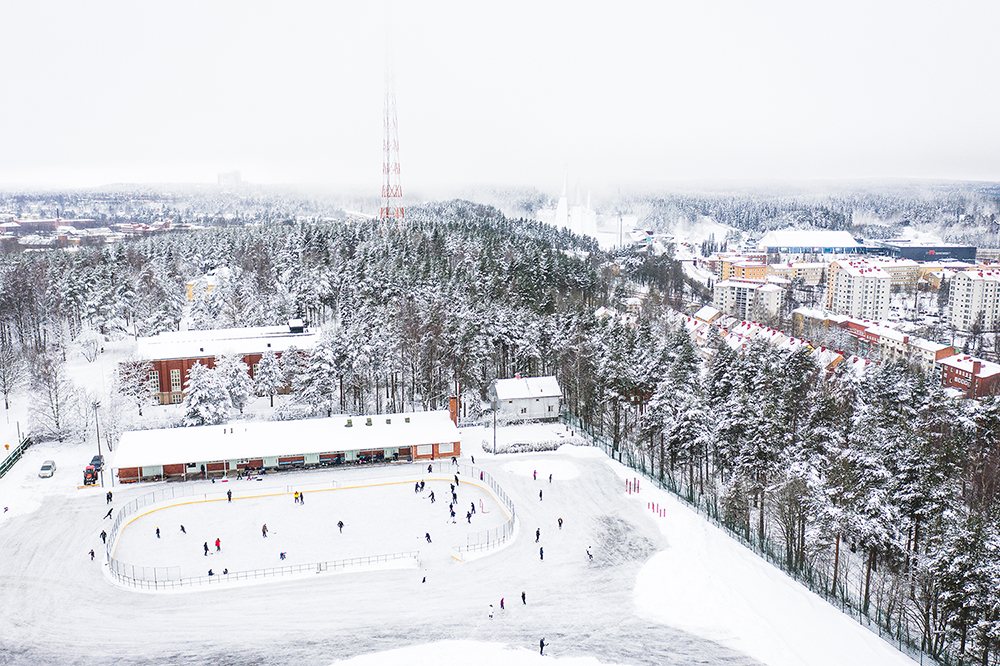The European Commission has chosen the Finnish City of Lahti to be the European Green Capital. Lahti is the first Finnish city to win the prestigious award, and it wants to take this opportunity to show other Finnish and European cities how answers to global environmental challenges can be sought by working closely with local universities, businesses and the community every day of the year. Sustainability is in Lahti’s DNA.
“The award is one important step on our path to a cleaner and more sustainable world. There is still lots of work to do, however. For this reason, we need examples and role models. The award gives praise and recognition but, at the same time, it obliges us to keep on working. Now, Lahti is leading the way. I hope this also encourages others, emphasized the President of the Republic of Finland Sauli Niinistö at the virtual European Green Capital Handover and Opening Ceremony.”
Lahti is a global trendsetter
“Lahti’s transition from a traditional industrial town into a modern green city is a true European success story. Lahti’s rapid post-war growth put a strain on the environment. Most jobs in and around Lahti were in the industrial sector, which later resulted in mass unemployment. Lahti took its first steps towards becoming a green pioneer back in the 1970s by launching an ambitious water restoration programme that put an end to the visible eutrophication of the city’s largest lake”, explains Mayor of Lahti, Pekka Timonen.
Lahti abandoned the use of coal in 2019 and is now a forerunner for climate action. Lahti is the first major city in Finland to become carbon-neutral, and the new Green Capital will achieve the goal by 2025. Lahti is also the first city in the world that has a personal carbon trading system for local residents. Lahti’s circular economy innovations, water protection initiatives and participatory land use planning models have inspired other cities far and wide.
Lahti – a role model for the implementation of the European Green Deal
Sustainable recovery is becoming the key theme of global urban development in the early 2020s. Cities are having to adapt to financial and social challenges created by both the climate crisis and the coronavirus pandemic. The European Green Deal provides cities with a policy framework for combining environmental and economic objectives with the pursuit of social fairness.
Lahti is the smallest and most northerly city to have ever won the EGCA and as such in an excellent position to demonstrate to other cities how the European Green Deal can be promoted in practice. The majority of Europeans live in cities of a similar size to Lahti, and it is these medium-sized cities that need to step up for the initiative to succeed.
The coronavirus pandemic has sparked a debate about green recovery across Europe, which must be pursued hand in hand with realistic economic policy. Lahti’s history makes it a great example of a city that invests in environmental solutions even in times of economic uncertainty. European Green Capitals are bold trendsetters that do not lose sight of sustainable development in the face of crisis.
